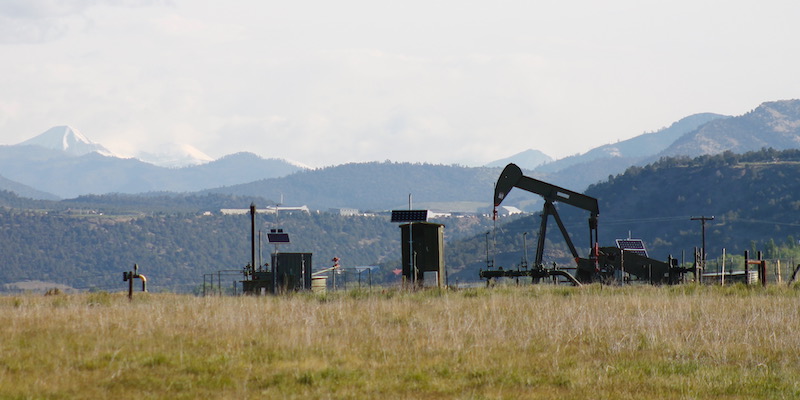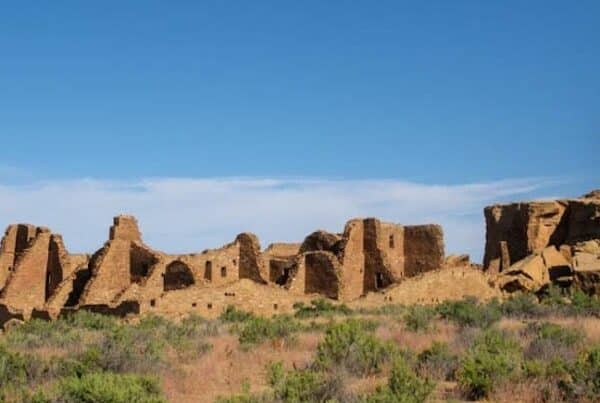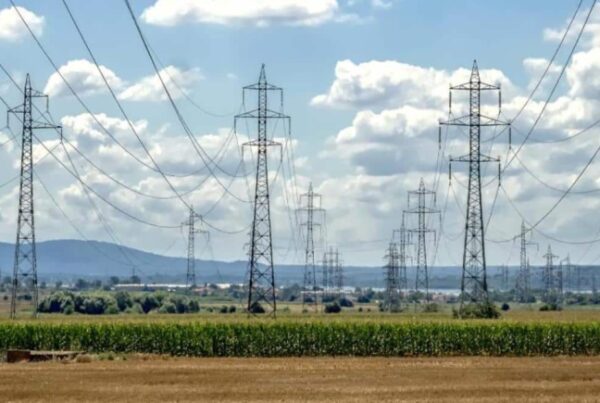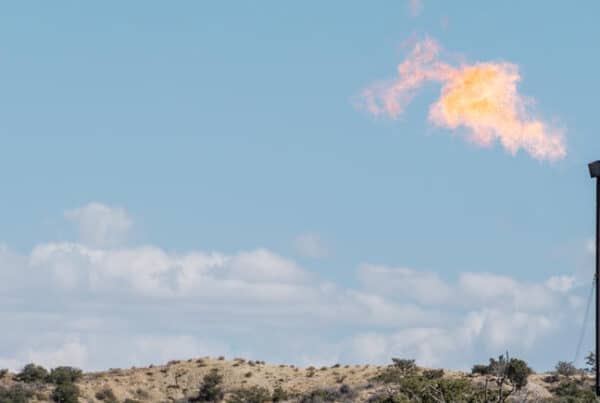This April, SB 19-181 passed through the Colorado Legislature and was signed into law, fundamentally altering the landscape of Colorado oil and gas operations. The bill reforms oil and gas law and charges the Colorado Oil and Gas Conservation Commission (COGCC) with implementing a series of rulemakings to update the state regulations.
A lot will change over the coming months, and between the legal speak, technical aspects of oil and gas, and seemingly infinite number of acronyms, it can be hard to keep track of what’s going on. Below, we’ve summarized some of the key pieces of SB-181 and what’s coming down the pipeline for oil and gas activity in Colorado.
What’s New?
An Emphasis on Environmental, Public Health, and Safety Concerns
The mission statement of the COGCC, which guides the agency as a whole, was changed from “fostering” the oil and gas industry to “regulating” it. This seemingly small shift is a game-changer. The commission is now charged with prioritizing the needs of the public and the environment over industry.
Moving forward, the COGCC will have broader authority to address a wide variety of health and environmental impacts from oil and gas development. The bill also changed the makeup of the COGCC, adding a new commissioner with public health expertise.
More Local Control
Another key result from SB-181 is that local governments will have more authority over oil and gas activities in their communities. If they wish, local governments can now impose stricter regulations on the surface impacts of oil and gas operations to minimize the damage to health, safety, welfare, and the environment.
New Rulemakings
In order to update policy to reflect 181’s new mandates, a string of rulemakings will be held over the coming year. The COGCC will hold rulemakings for topics such as:
- Implementation of the new health, safety, and environmental priorities of the COGCC
- Alternative site analysis (This means that alternative locations must be considered when oil and gas facilities are proposed near population centers)
- Cumulative Impacts (This means that all impacts, including health and environmental, must be assessed when considering new oil and gas development)
- Updating flowline rules (A flowline is a pipe that connects a wellhead to other equipment)
- How the COGCC will work with local governments moving forward
The Air Quality Control Commission (AQCC) will also hold rulemakings to reduce methane emissions and other hazardous air pollutants from the oil and gas industry.
What’s Next?
The rulemakings are some of the most crucial pieces of SB-181. The bill’s strength depends on the strength of the new rules enacted over the course of the next year.
Those rulemakings are just getting going, with hearings scheduled this August and running through next June. Each of the rulemaking areas will be discussed, and new rules and regulations will be proposed and then eventually implemented to ensure compliance with SB 19-181.
There will be many opportunities for public involvement during this process. Individuals can submit comments online and voice their opinions at local hearings. It’s critical that the public shows support for strong oil and gas rules that prioritize public health and the environment so make sure your voice is heard!
Stay tuned for upcoming public comment periods and meeting dates in your area. To learn more about how to get involved, visit the COGCC and the AQCC websites.




